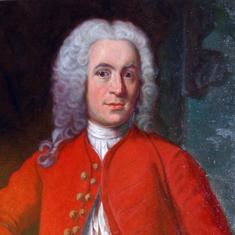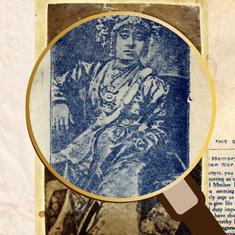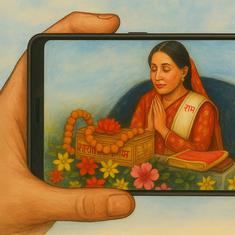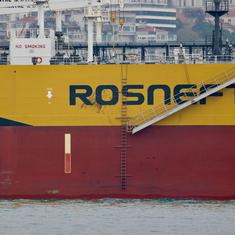SC quashes Madras High Court order barring use of former CMs’ photos, party symbols in scheme ads
The court criticised the petitioner for targeting only Tamil Nadu’s schemes, saying that naming programmes after leaders was a common practice in India.
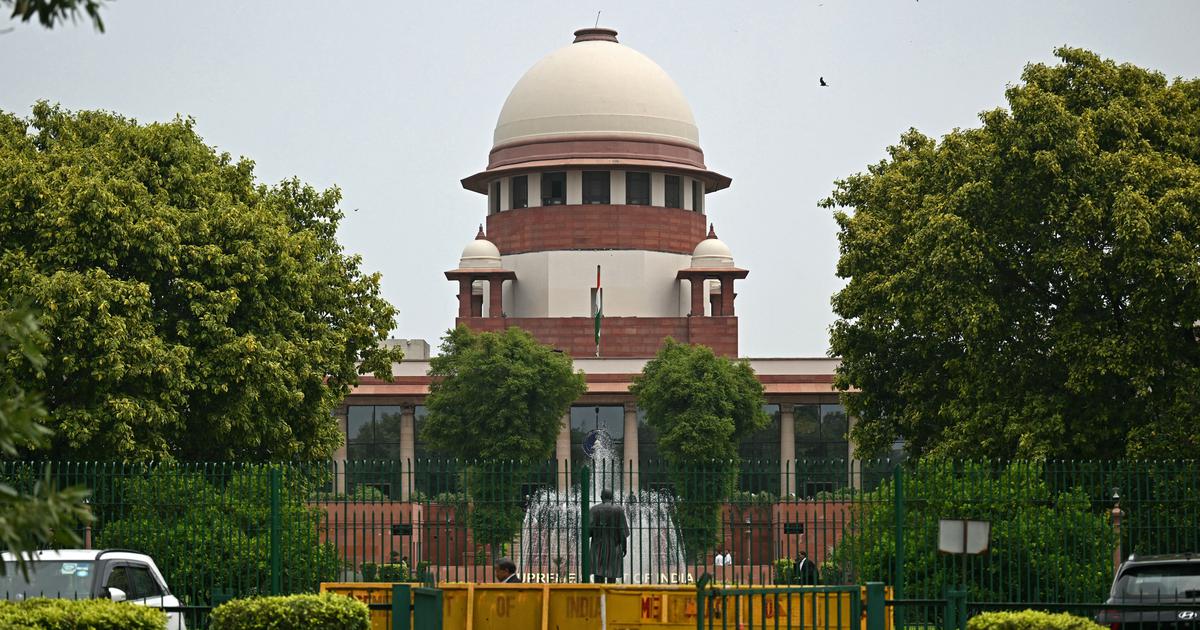
The Supreme Court on Wednesday set aside an interim order passed by the Madras High Court that restrained the Tamil Nadu government from naming welfare schemes after living politicians and using the photographs of former chief ministers, ideological leaders and party symbols in advertisements, Live Law reported.
A bench comprising Chief Justice BR Gavai and Justices K Vinod Chandran and NV Anjaria passed the direction on petitions filed by the Tamil Nadu government and the state’s ruling Dravida Munnetra Kazhagam against the High Court order.
The High Court had passed the order on July 31 in response to a public interest litigation filed by C Ve Shanmugam, an MP from the Opposition All India Anna Dravida Munnetra Kazhagam.
He had sought directions to stop the DMK government from using Chief Minister MK Stalin’s name in public outreach programmes such as Ungaludan Stalin (With You, Stalin) and Mudhalvarin Mugavari (Chief Minister’s Address).
Shanmugam had argued that such practices violated the Supreme Court’s earlier directions as well as the 2014 Government Advertisement Content Regulation Guidelines.
The High Court had referred to an earlier Supreme Court ruling that allowed using the current chief minister’s photographs in government ads, but said that including former leaders or party icons could be seen as political misuse of public funds.
In its ruling on Wednesday, the Supreme Court criticised the petitioner for selectively challenging only the Tamil Nadu government’s programmes, saying that similar schemes named after political leaders were common across the country.
The bench also noted the DMK’s submission that several schemes named after leaders were implemented during the AIADMK’s term.
“We do not appreciate the anxiety of the petitioner to choose only one political party and one political leader,” Live Law quoted the bench as saying. “If the petitioner was so concerned about the misuse of political funds, the petitioner could have made a challenge to all such schemes.”
It added: “Singling out only one political leader shows the intentions of the petitioner.”
The Supreme Court said that the petitioner had rushed to the High Court just three days after making a representation to the Election Commission, and described the writ petition as “misconceived in law” and an “abuse of the process of law”.
“Political battles should be settled before the electoral roll,” Live Law quoted the Supreme Court as saying. “Courts should not be used for this.”
The bench dismissed the writ petition pending before the High Court and fined the petitioner Rs 10 lakh, Bar and Bench reported.
